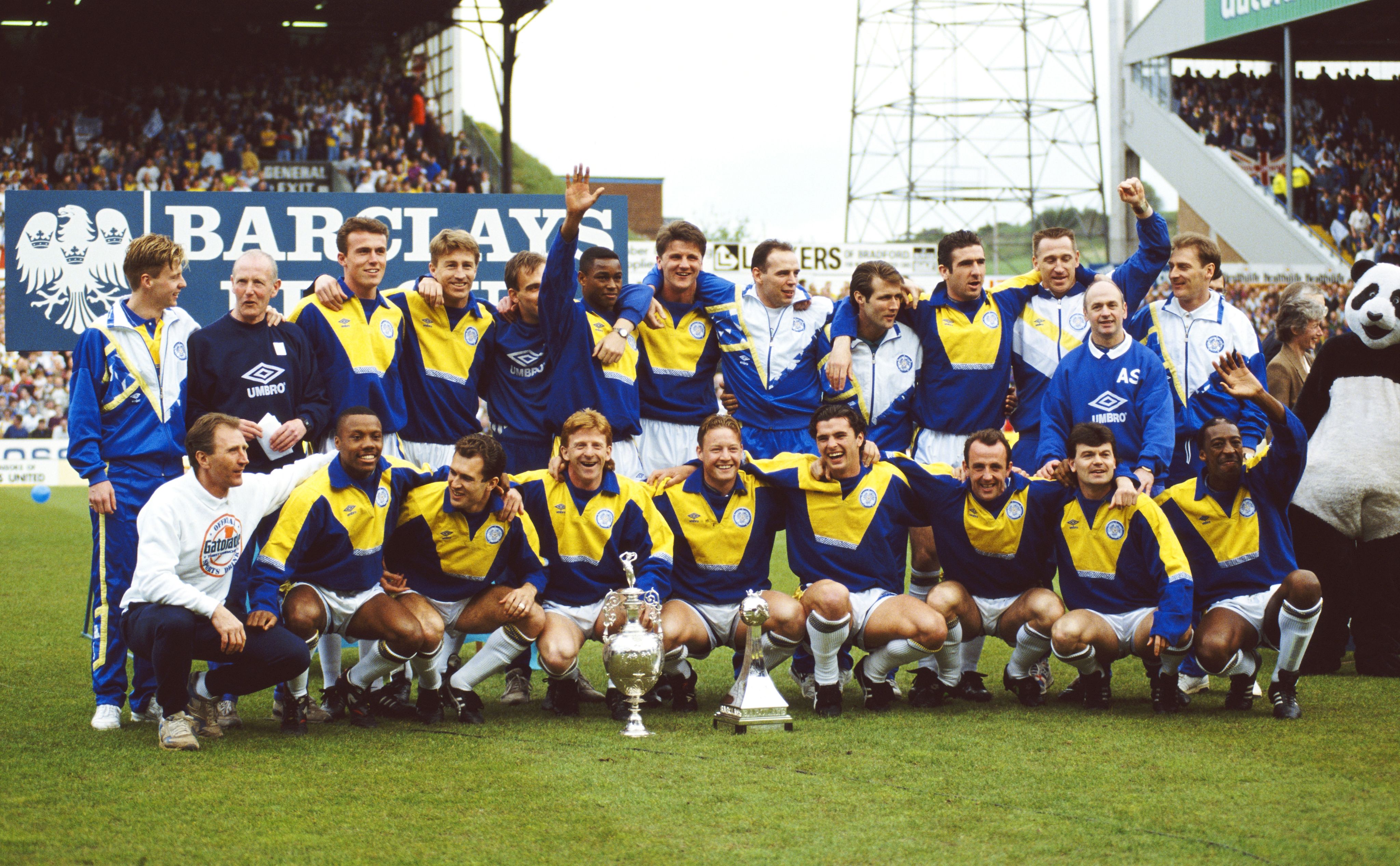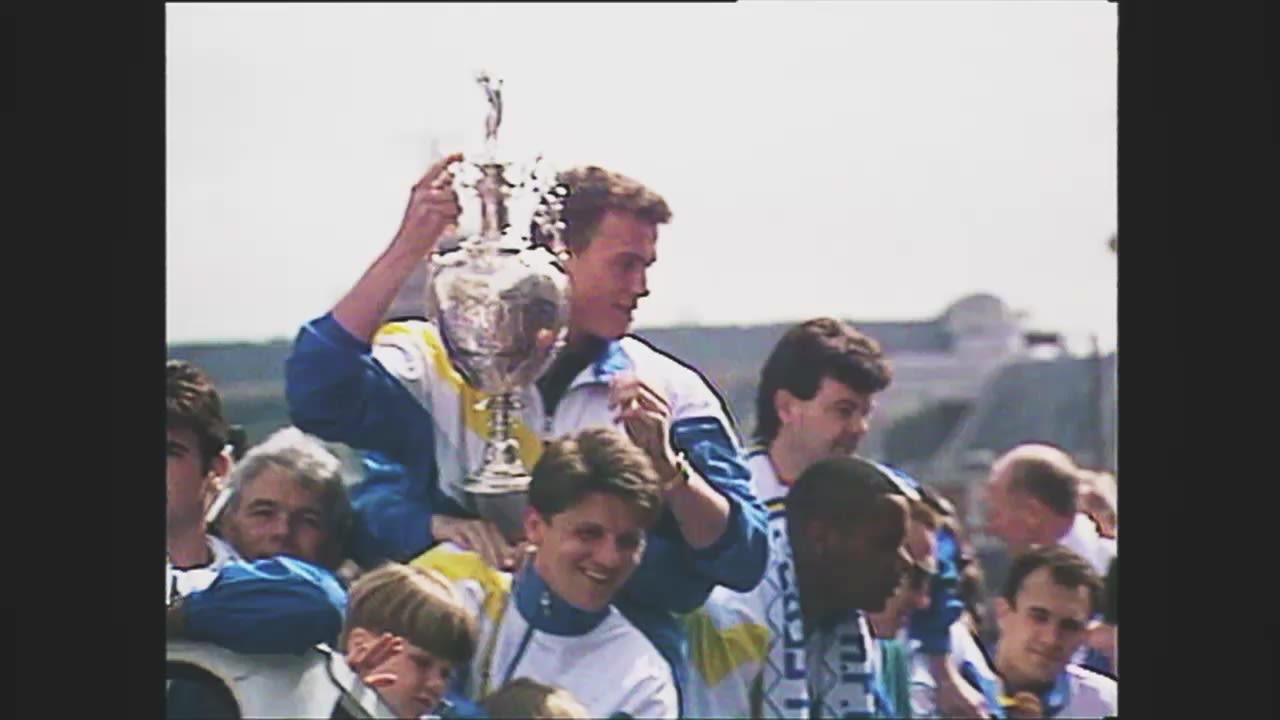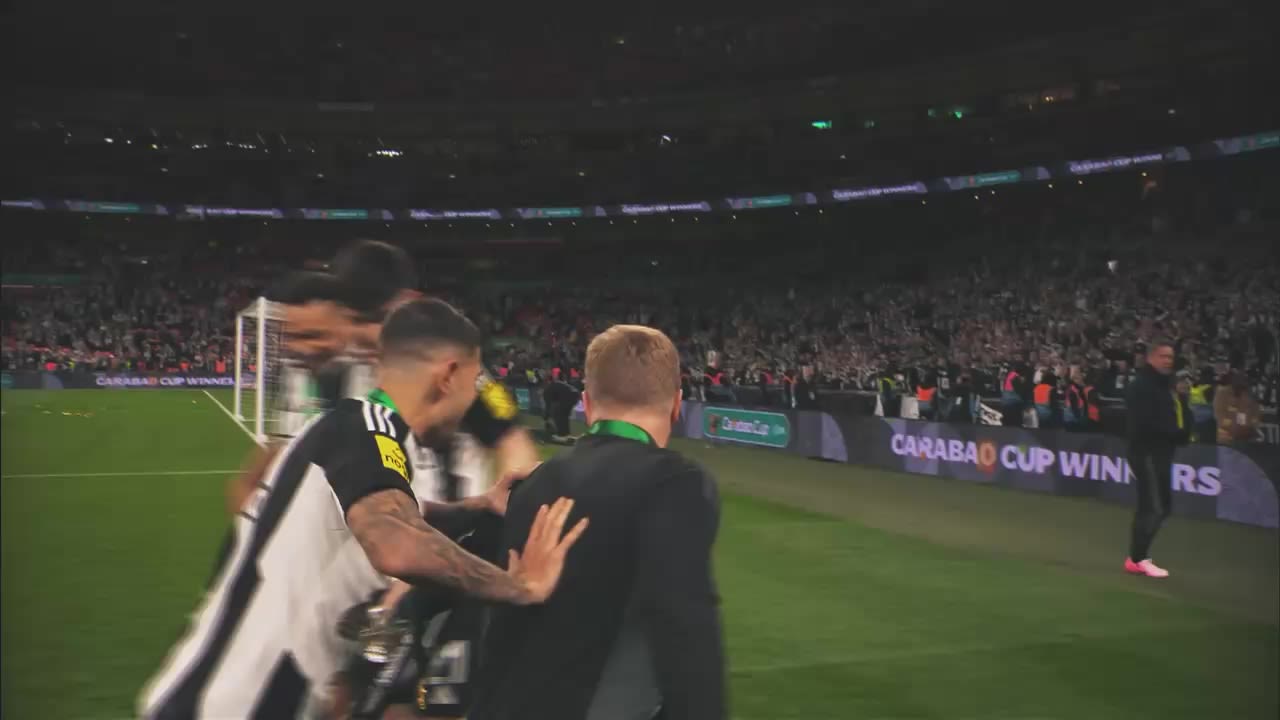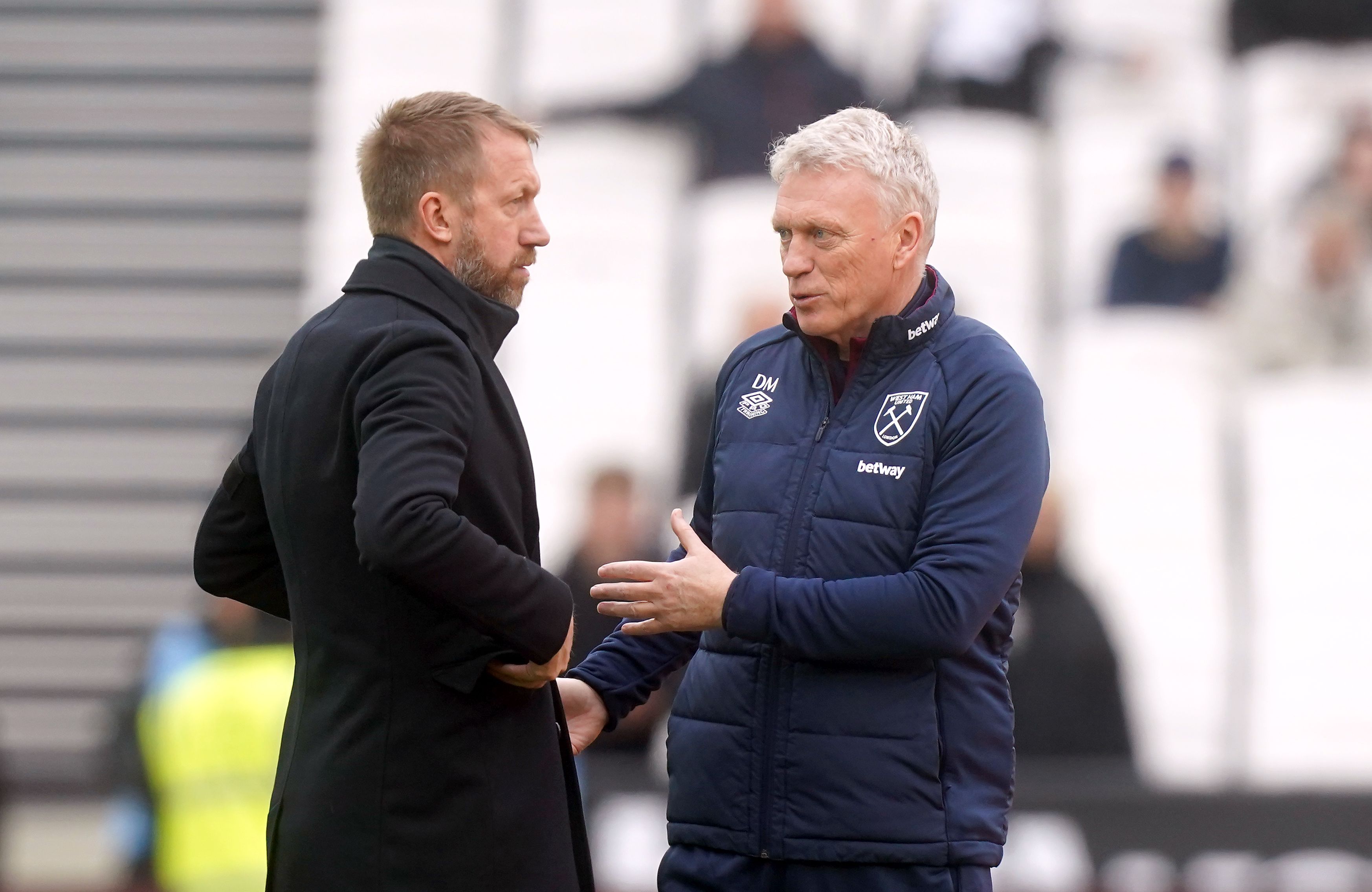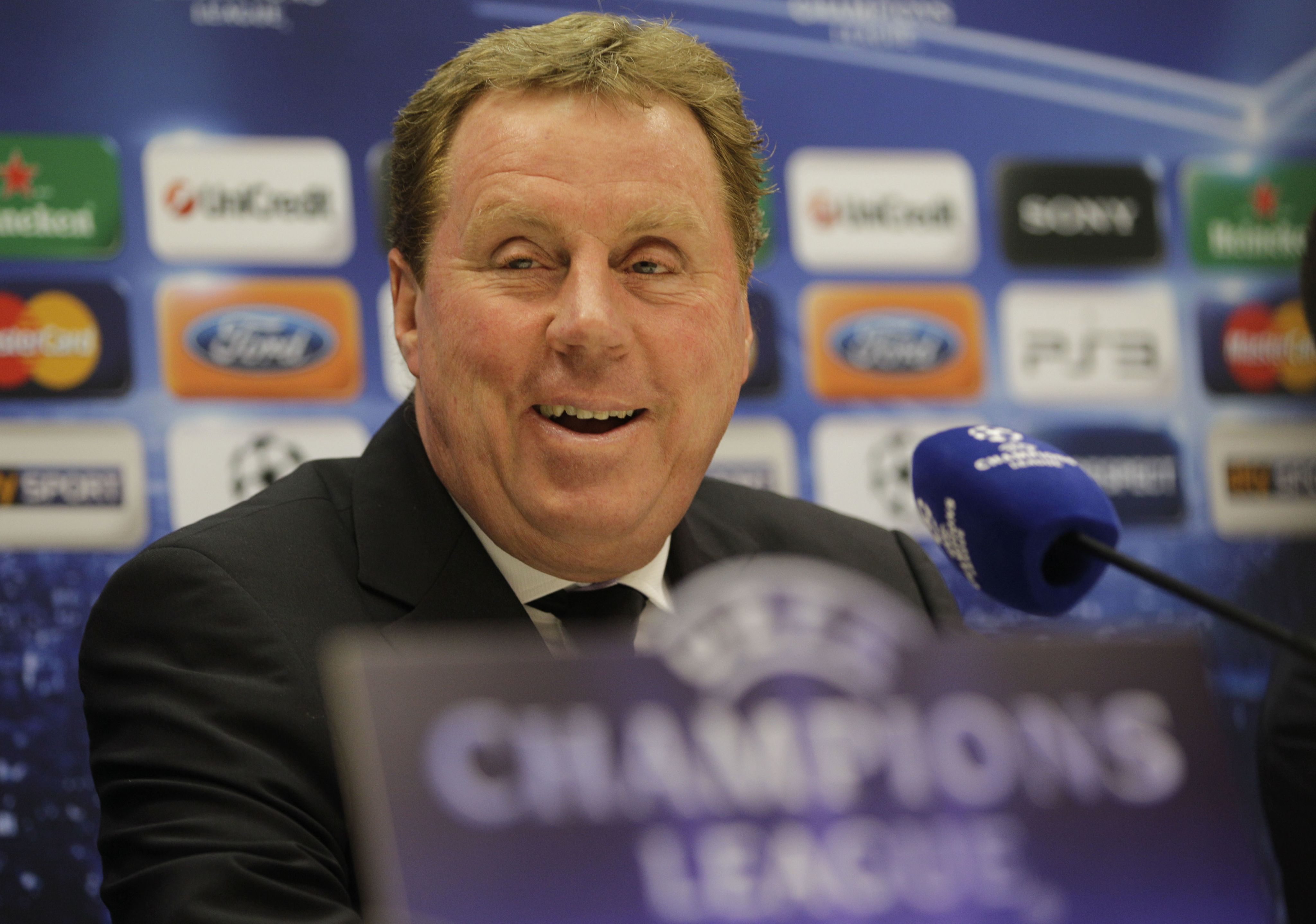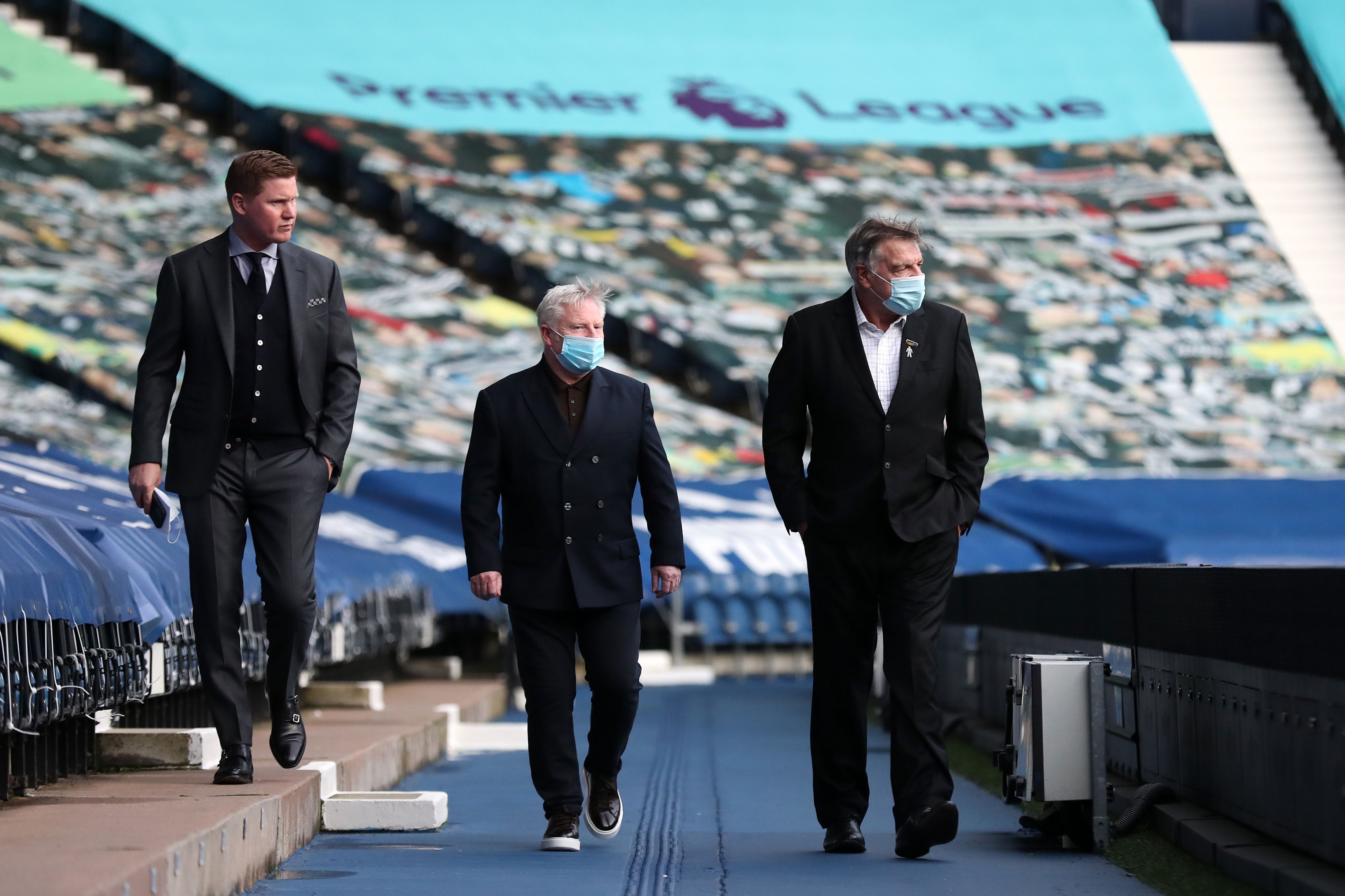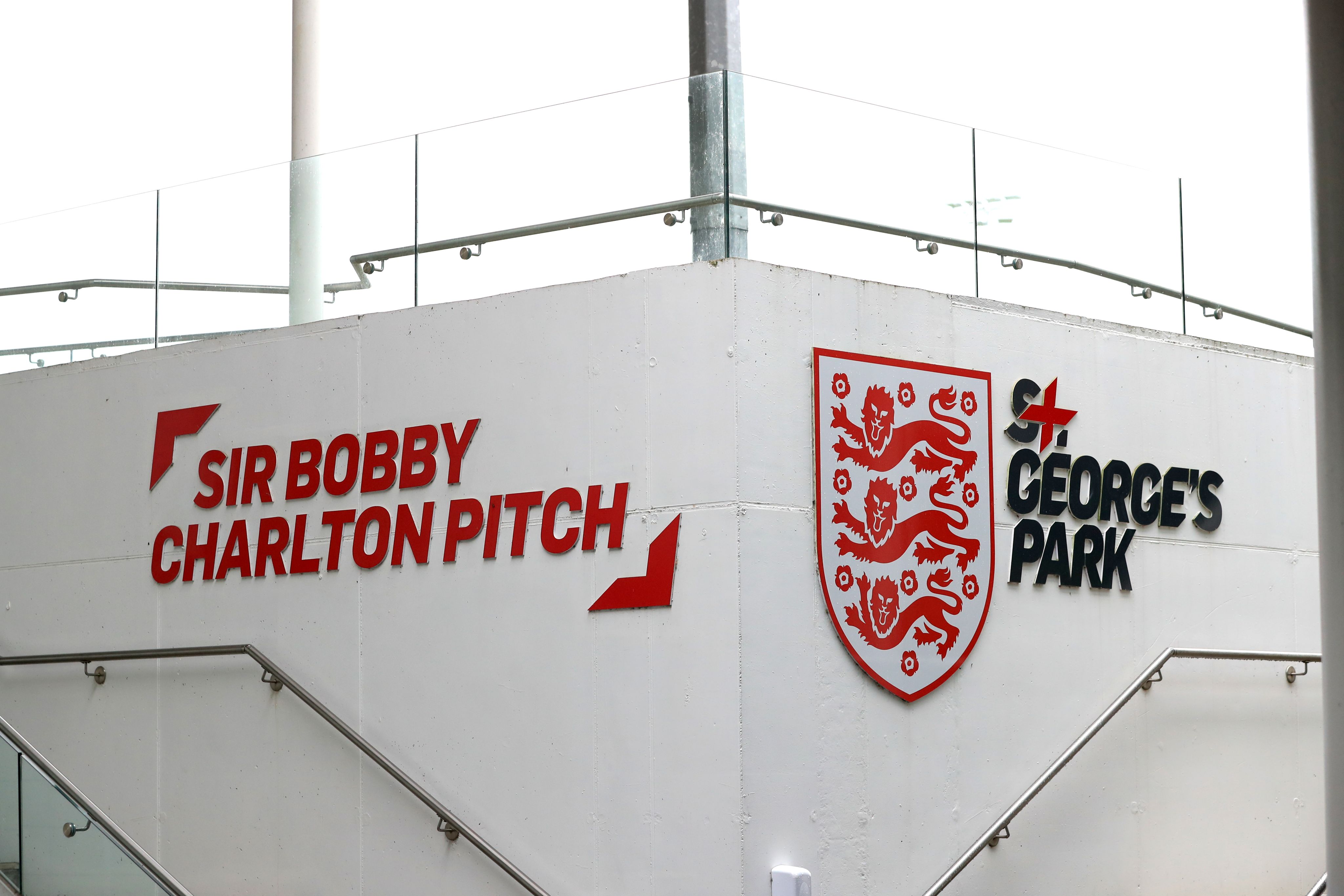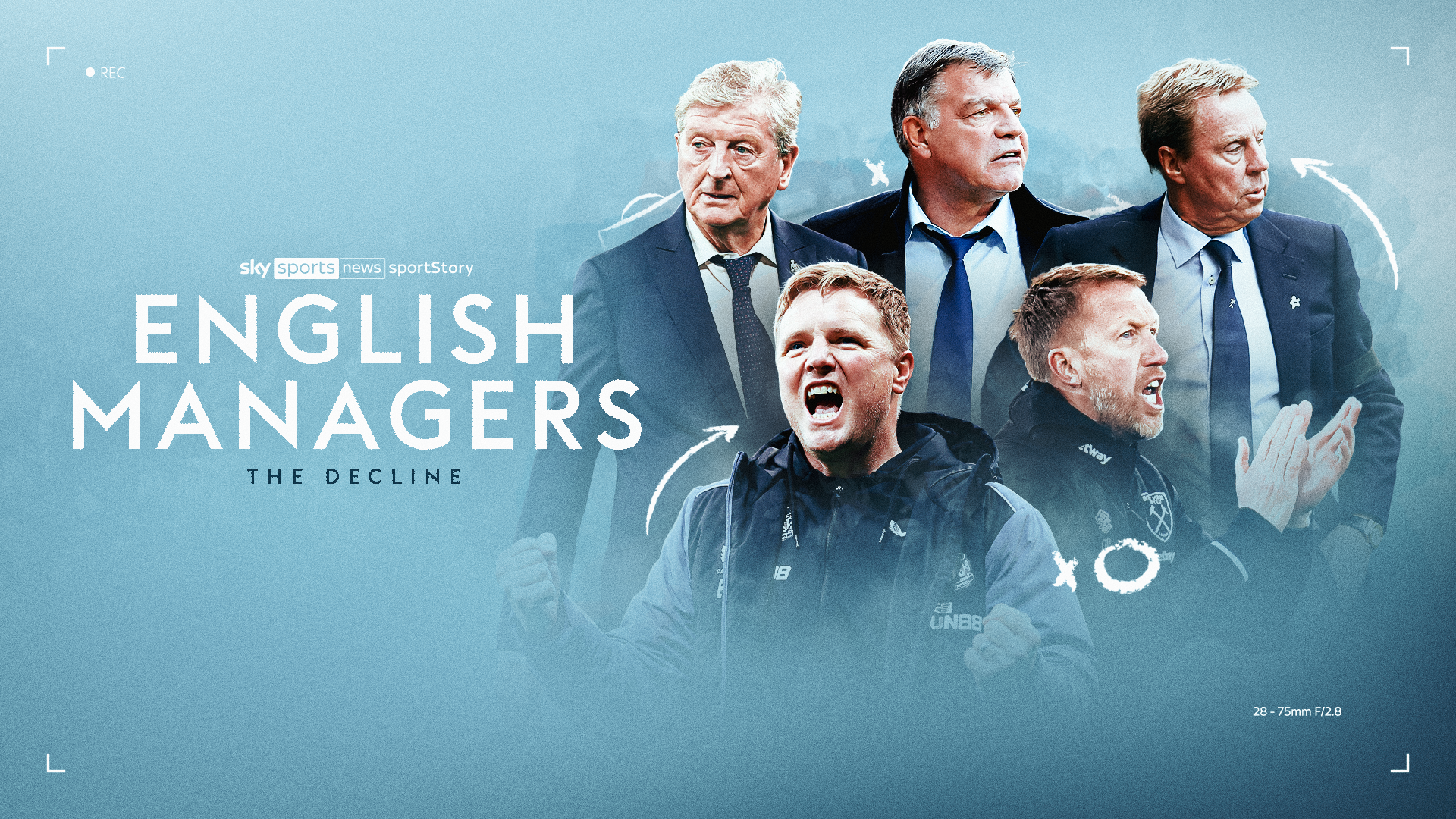
Interviews by Rob Dorsett, Tim Thornton, Chris Reidy, Nick Walsh.
Additional reporting and words by Ron Walker.
When the inaugural Premier League season began in 1992, 21 of the 22 managers in the dugouts on its opening weekend were from one of the four Home Nations. The one exception? Joe Kinnear from the Republic of Ireland.
Howard Wilkinson had just led Leeds to the final ever Division One title, while Graham Taylor continued the unbroken tradition of English managers leading the England men's national team, though the less said about their performance at that summer's European Championships, the better.
Fast forward 33 years and the Three Lions have just appointed their third foreign manager in Thomas Tuchel, while only two English managers - and another two from other Home Nations - are currently leading clubs in the Premier League.
Tuchel's appointment raised old questions about the state of English coaching, right down to the cost of FA coaching courses and the amount of qualified English compared to other leading nations.
The subject is often debated, but what is the answer?
For the first time, Sky Sports has spoken to those across the game who are closest to the issues at hand - including the Football Association, Premier League executives and some of England's current most-prominent managers.
Watch the full documentary below, listen to our accompanying podcast above - and read on for the deep dive into the state of English coaching.
This is English Coaches: The Decline.
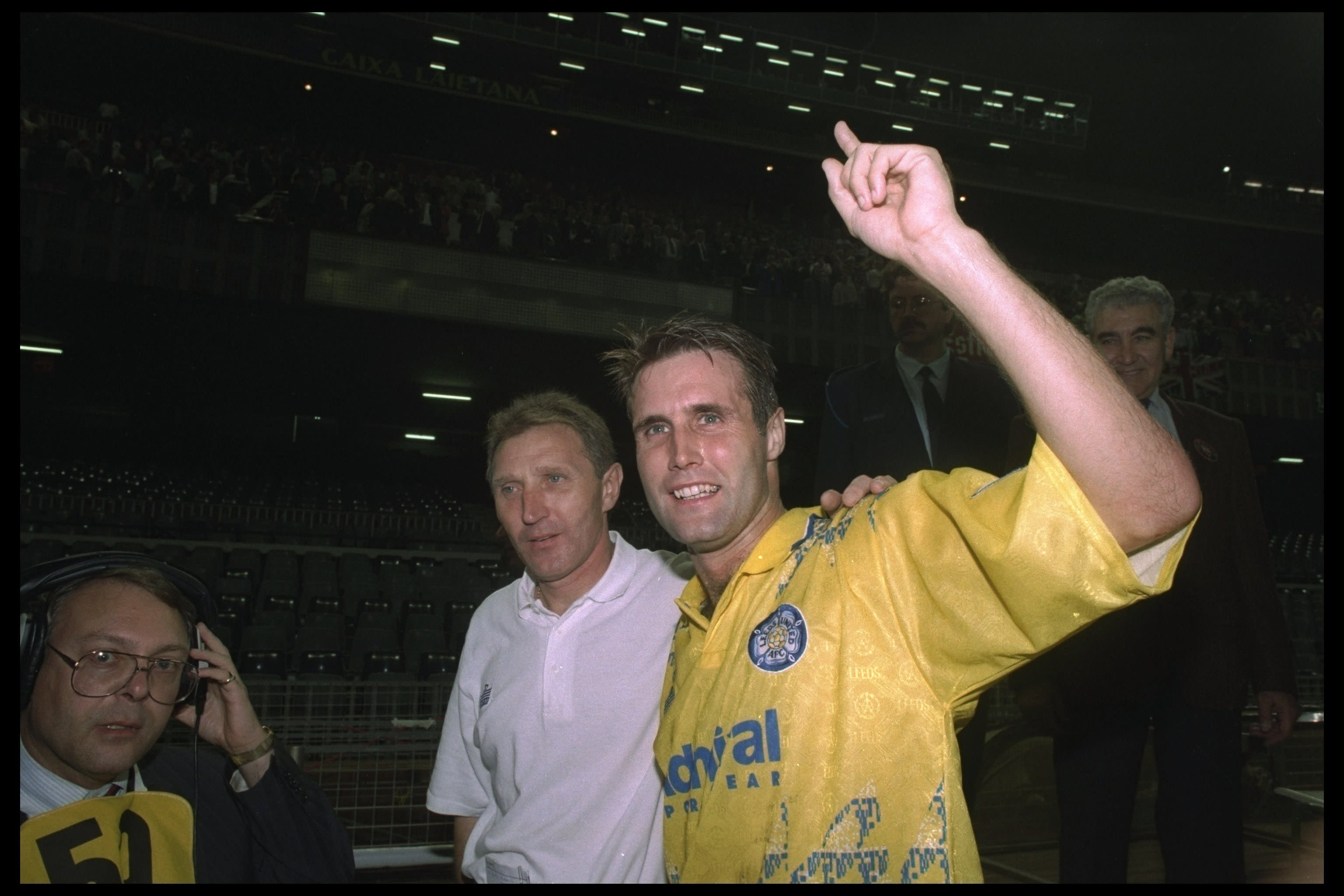
If Wilkinson was told on the day he lifted the final Division One trophy with Leeds there wouldn't be another English title-winning manager for 33 years, what would he have said?
"My first answer would've been 'don't be stupid', based on what I saw at the time," the former Leeds, Sunderland and England interim manager tells Sky Sports.
"It's not sadness, a lot of it's sentimentality. But sometimes it does you good to be sentimental. My desire would be for the England team to have an English manager.
"But that has to be placed into perspective - do we think there are people around who can take the England team to where we would like it to be, in terms of position?
"If they don't think it's possible, they have to take that decision."
Prior to the formation of the Premier League, the top-tier title had been won by managers from England and Scotland, plus one from the Republic of Ireland, dating back to the 1880s.
The three decades since have changed beyond recognition, both on and off the pitch.
Just 13 foreign players featured across the opening weekend that year and all-but one club owner was British. The other, Wimbledon's Sam Hamman, was raised in Lebanon but had lived in England since 1975.
Since then, the Premier League has become a global phenomenon.
"Football has changed, and I think the Premier League has become the new Hollywood of the 1940s and 1950s," Wilkinson adds. "It's the place to be."
Just as foreign money, ownership and players have flooded England's top flight since then, a propensity to look further afield for managers has followed.
Undoubtedly, it is to the detriment of English managers - but is it a problem in itself? Eddie Howe, one of those two remaining English bosses and the first to win a major domestic trophy since Harry Redknapp in 2008, is not so sure.
"One of the beauties of the league we're in, whether you're a manager or a coach, is bringing the best people into the league from across the world," he tells Sky Sports.
"It's raised the standard of football and coaching, but with that there is always a consequence.
"If you're opening up opportunities up for everybody, then English managers will suffer in terms of jobs in the top league."
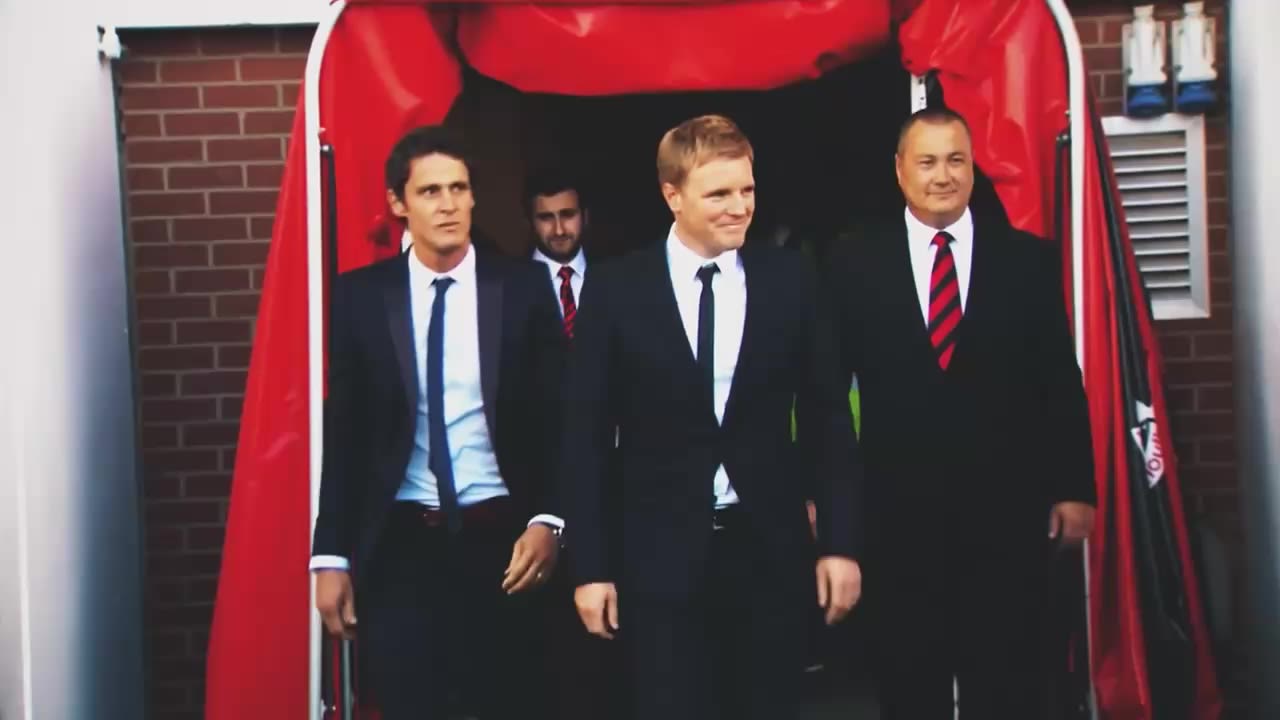
Howe, like the Premier League's other English manager Graham Potter, has had to do things differently to get his chance.
Never a star name as a player, the ex Bournemouth centre-back was always unlikely to be parachuted into a big job, which makes the rise he has been on since taking over the Cherries with the club second-bottom of League Two in December 2008 even more of a fairytale story.
Redknapp had become the most-recent English manager to lift a major domestic trophy by leading Portsmouth to the FA Cup earlier that year, a record which would remain intact until Howe himself broke it in the Carabao Cup final with Newcastle earlier this week.
"What better learning experience is there for a young manager to go into?" the Toon boss asks Sky Sports. "I'm a firm believer in the lower leagues.
"That system is so unique to English football. I love the fact that you can do what we did, take a team from League Two to the Premier League."
Potter's route is potentially even more hard-fought. Having retired at 29 and turned his hand to academia through the Open University, he then worked in a number of other universities before realising how tricky getting back into the professional game would be.
"Football doesn't really work like that," he tells Sky Sports. "I was a university coach. But my pathway was focusing on myself, education, developing a method of work and making mistakes in a safe environment.
"My journey allowed me time to make those mistakes and have those experiences. I had to go to Sweden, had three promotions, a major trophy, a European run. So you have to do a lot."
That time at Ostersunds, and then at Swansea in the Championship, gave Potter a valuable grounding, which has helped shape him into coach who has since led three Premier League clubs and was among the favourite to take the England job Tuchel ultimately beat him to.
But should English managers have to work so hard for any kind of shot at the big time?
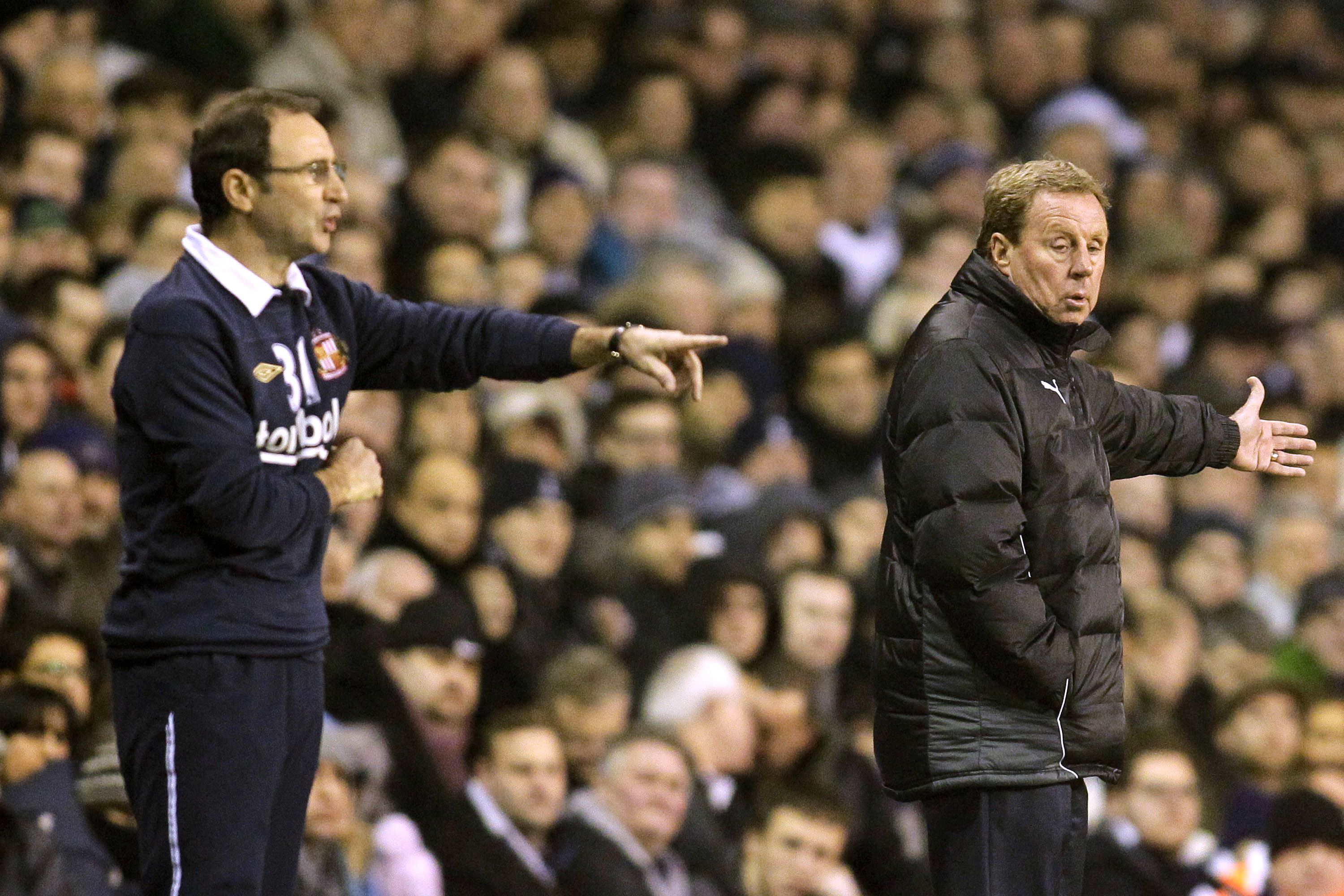
Harry Redknapp is one of only four English managers - including Howe - to have led a side in the Champions League group stages since the turn of the millennium, with the late Sir Bobby Robson and Frank Lampard completing the quartet.
Of the traditional 'big four' of Man Utd, Liverpool, Arsenal and Chelsea only one has been managed by an Englishman in that time with Potter and Lampard both given brief spells, but neither lasting more than 18 months.
Sam Allardyce, who briefly served as England boss in 2016 and has managed the fifth-most Premier League games of any coach, once quipped if his surname was 'Allardicio' he would have a better chance of managing one of that quartet.
He had and still has sympathisers with his position - not least in Redknapp, who felt fortunate enough to get any sort of opportunity with Tottenham.
"English managers don't get the chances to manage a team who has the chance to get there, it's that simple," Redknapp tells Sky Sports. "I would never have done it without going to Tottenham.
"Sam's spot on. There used to be that progression, back in the day. You'd have a chance. You'd win your stripes in the second or third division, and then you'd have a chance to move up the ladder. A big club would give you a chance.
"You can't tell me the Chris Wilders of this world couldn't go and manage at the top level. He knows the game, he's got common sense. You go all the way down the ladder - Ian Holloway walks in at Swindon, and all of a sudden they go from bottom of the league to half-way up.
"It's not rocket science."
Sheff Utd boss Wilder initially led the club to 9th in the Premier League in 2020, but left the Blades mid-way through the following season after a dismal start to the campaign.
Despite the achievement of getting them to the top flight in the first place - only two years after they had been playing in League One - his next two jobs came back in the Championship and were both short-lived before he was re-appointed at Bramall Lane 16 months ago.
The 57-year-old is as unconvinced as Redknapp about the opportunities afforded to English coaches at the top level and feels as an Englishman, winning promotion is the only realistic route to the Premier League.
"That's how I see it, 99 times out of 100," he admits to Sky Sports.
"Unless someone absolutely excels and somebody takes a punt on them, the majority of time that's the case.
"I do think there's some tremendous talent right the way through the divisions. I've had the opportunity of managing in all four divisions and the National League.
"It does shock me and disappoint me, but it doesn't surprise me."

So what's happening in board rooms which is blocking the pathways for English coaches? Is it prejudice, is it ignorance - or are Premier League owners right to look further afield?
"I've been a sporting director for over 10 years, there's been times when an opinion's been that foreign coaches are more adaptable and can play different ways," Luke Dowling, formerly of Watford, West Brom and Nottm Forest, tells Sky Sports.
"I haven't already agreed with that. I didn't always think it was true - but it's peoples opinions.
"There's a lot more coaches available to choose from if you look outside Britain, of course. The more and more foreign players in our leagues now, that can sway people's decisions to get a foreign coach who can speak two or three languages.
"I don't think any club doesn't look at an English or British coach and think they can't succeed, but with foreign ownership it naturally leads to more foreign coaches.
"Does that mean they're better than British coaches? I don't think it does."
Dowling can stand by his record in his role in his approach towards employing British managers.
He was involved in giving Englishmen Wilder and Rob Edwards an opportunity at Watford and was sat alongside Allardyce when he was unveiled as West Brom manager.
He knows as well as any the affect of overseas influence from working under a succession of foreign owners, most notably Gino Pozzo at Watford.
After taking over the club in 2012, the Italian quickly brought a global feel to the Championship never before seen in the division at the time, with players and then managers from all over the continent - and beyond.
"You can't put a gun to people's heads and tell them what to do, they own the club and they can do what they want," he adds.
"The FA have stipulated what they want clubs to do with academy players, trying to push them through to the first team naturally - but is there something we can do in the Premier League whereby there has to be a British coach on every backroom staff?
"If Ruben Amorim comes in at Man Utd as he has done, and brings in four or five staff, no problem. But with that rule, it would certainly help - and then it's whether they those coaches can go and get the opportunity we want them to."
But coaches can only be employed in the first place with the right qualifications. And that brings us to a subject which rears its head every time this topic comes to the fore - the pool of English men and women which clubs have to choose from altogether.

Football associations around Europe run four UEFA-accredited licensing schemes to get coaches qualified, and allow them to progress through to work in the professional game and beyond.
Each course is delivered by the country's individual association, who will decide the way it is delivered plus number of places available and fees charged.
A UEFA B Licence allows coaches to manage in Leagues One and Two, the UEFA A in the Championship, and the UEFA Pro Licence for Premier League clubs, as well as matches in Europe.
The FA runs all of its courses at its dedicated home of football, at St George's Park in Staffordshire. But earning a place on some of its higher-end courses is a challenge, with the A Licence reportedly nearly 10-times oversubscribed for its 120 places a year.
Demand outweighs supply so much for the qualification that it has put some coaches off from continuing their journey altogether, while others have looked abroad to continue their rise up the ladder.
One of those is Simon Goodey, who was denied a spot on an A Licence course three times by The FA and a fourth by the Scottish FA, despite previously coaching in Southampton's male and female youth setup and with Colchester United.
From there, he decided moving to Spain would provide a better opportunity to complete his badges than trying again through the English authorities - despite speaking none of the language and having to take on a second job as a PE teacher to support himself on the continent.
His experiences since have included coaching Fernando Torres' son Nicolas while working for two years in the Atletico Madrid academy. He now runs one of the U19 sides at fourth-tier SD Compostela and has ambitions of becoming a senior head coach in the future.
"Spain was something I saw as an opportunity to progress," he tells Sky Sports. "I got a bit stuck in England since I'd done my B Licence at 19.
"It was a lot easier going to Spain. That still came with a lot of challenges, I had to learn Spanish and do a Spanish exam to even enrol in the A Licence course.
"Spending five years abroad now, I would definitely recommend it if you're a young coach coming through. It's a great avenue to consider.
"Unfortunately, it's harder for coaches to get abroad since Brexit. It would be great if the FA could find ways for young coaches to spend time with a club in a different country, or to put on regional A Licences like already exist in Spain.
"It would make it a little bit cheaper, because coaches wouldn't have to pay for accommodation [at St George's Park]. I see a lot of coaches who fall out of love with the game because they can't progress."
The FA is outwardly comfortable with the current set-up, particularly with pricing which they consider competitive across Europe despite anecdotal reports that has also proved a difficult barrier for some coaches.
The Pro Licence costs a substantial amount in England at almost £14,000, though that is still less than coaches pay in France, the Netherlands and Germany.
In Spain, the course costs around half the price of England, though it is delivered regionally with significantly lower accommodation costs than through The FA, where all attendees are required to stay at St George's Park while studying.
"Where we deliver our courses centrally, particularly in the professional game, helps us to enhance standards across coaching," the FA's head of coach development Dan Clements tells Sky Sports.
"If another nation was delivering it a different way, that may suit their culture, system and the regulations they're run by.
"By us having one central place where we can deliver our coach education, that drives standards, I think."
There is the same feeling about the difficulties getting onto the A Licence. The FA points to the quality of their teaching and suggest it's something it is not willing to compromise on to increase accessibility.
They also defend their record on prioritising former players for those few available spots - despite the rise in coaches who have never played professionally in the top levels of the game.
"The A Licence is a very good qualification," Clements says. "It's a real driver within the professional game.
"With that, our priority sits within the professional game. It is quite challenging for individuals outside of the professional game to get onto it.
"We're really proud of the work we're doing in that space, and committed to providing more opportunity for those coaches who do have ambitions to progress into the professional game."
Ultimately, with the number of places for the Pro Licence set by UEFA as 24 per country, the number of potential Premier League managers coming through year on year is no different to any other major nation.
But whether they will be given that chance appears to be the biggest barrier. While 10 per cent of Premier League bosses are English, that number rises to 54 per cent in the Championship, 63 per cent in League One and 67 per cent in League Two.
So no question the managers are there. But does the Premier League feel the need - or bare the responsibility - to give them that opportunity in a world full of other options?
With the direction of travel since 1992, there is little sign to suggest that is the case.
Unless something more widely changes, these exact same conversations will likely be had again when England come looking for Tuchel's successor.


